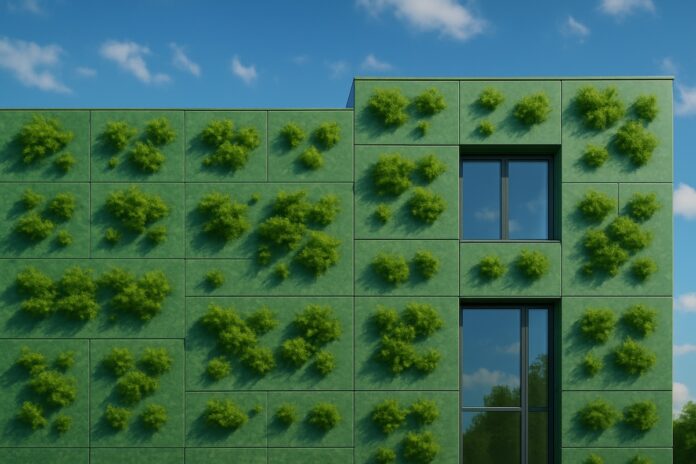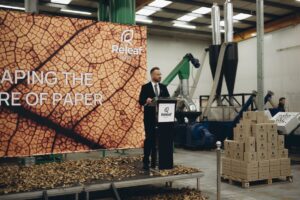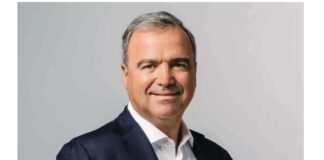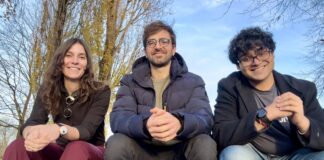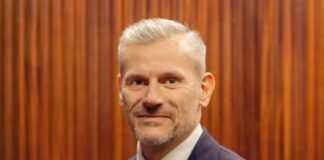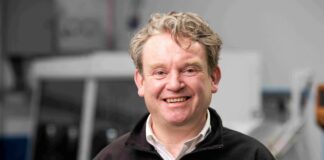Sustainability Meets Innovation: Turning Urban Surfaces into Climate Solutions
In this interview, we speak with the founder of Motek Bio Panels – a pioneering GreenTech startup transforming underused urban spaces into living, CO₂-capturing systems. Discover how bio-based materials like mycelium and algae are being used to make cities not only greener but also healthier and more resilient in the face of climate change.
Could you please explain the core innovation of your startup?
We are transforming unused urban surfaces – which are often environmentally harmful – into active contributors in the fight against climate change. Our bio panels, made from waste materials like mycelium and algae, capture CO₂, improve building insulation, and can be reintegrated into the construction industry at the end of their life. In essence, we are bringing nature back into the human ecosystem through a fully circular process that regenerates rather than extracts.
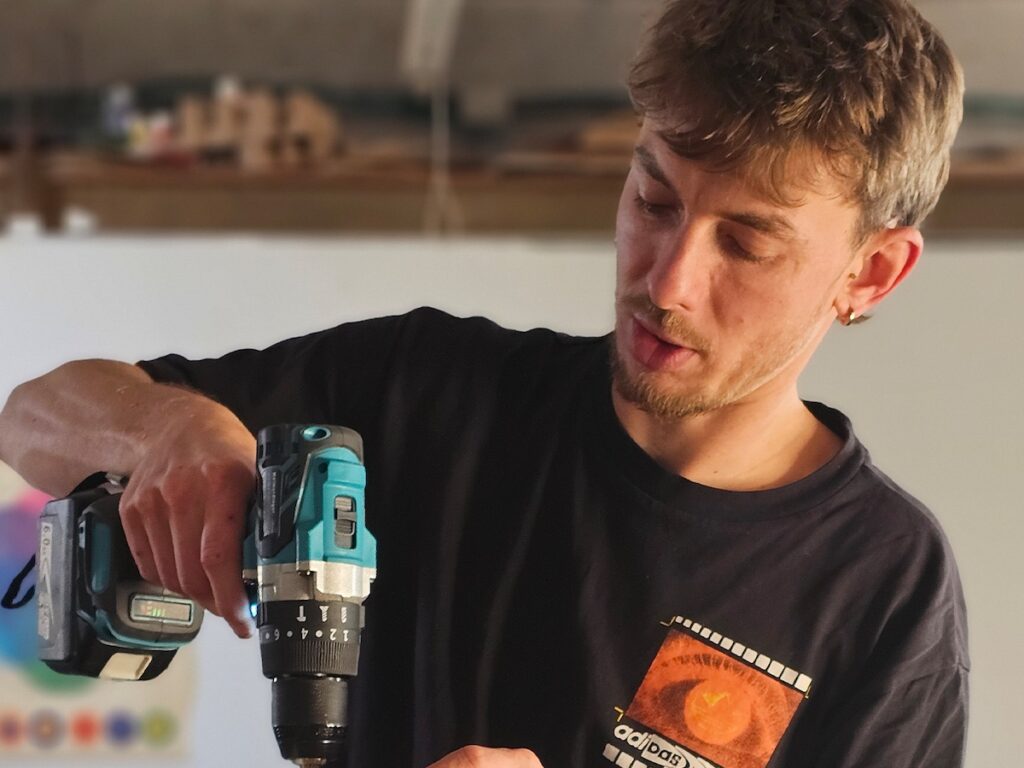
Which specific problem in sustainability do you solve?
We address three major urban challenges: CO₂ emissions, the urban heat island effect, and the lack of green surfaces in dense cities. Our panels actively clean the air, reduce building temperatures, and introduce living organisms into hard, gray environments. Unlike global carbon offsetting solutions, we capture CO₂ locally – in the very streets where people walk and breathe. This means we not only contribute to the global climate fight but also directly improve urban air quality for city dwellers.
What distinguishes your solution from existing technologies?
Most green walls are passive and aesthetic; industrial carbon capture systems are centralized, expensive, and energy-intensive. Our panels offer a distributed, nature-based, low-energy carbon capture system that integrates seamlessly into existing urban infrastructure. They are lightweight, modular, and made from agricultural waste. The panels are regularly replaced and reused as construction materials, enabling a continuous cycle of carbon sequestration. Our service model also simplifies adoption: buildings can subscribe to ongoing “living wall maintenance” with minimal intervention.
What technology is your innovation based on?
Our innovation lives at the intersection of biotechnology and architecture. The panels consist of a mycelium base – grown from agricultural waste – which is biodegradable, fire-resistant, and has excellent insulating properties. The active layer is a gel containing microalgae, which captures CO₂ up to 3–10 times more efficiently than traditional plants. This symbiotic system is inspired by lichens and is constantly refined through research and collaborations with scientists and materials experts.
How do you assess the scalability of your solution?
We believe this concept is highly scalable. The modular panels can be grown locally using abundant natural materials. Mycelium grows fast, algae are everywhere, and we use waste as input. We’re currently launching our first pilot in partnership with the Tel Aviv Municipality to collect performance data and optimize operations. From there, our goal is to roll out production kits, local installation teams, and a subscription-based model that can easily be adapted to different urban settings. We envision entire city streets and neighborhoods breathing with our panels.
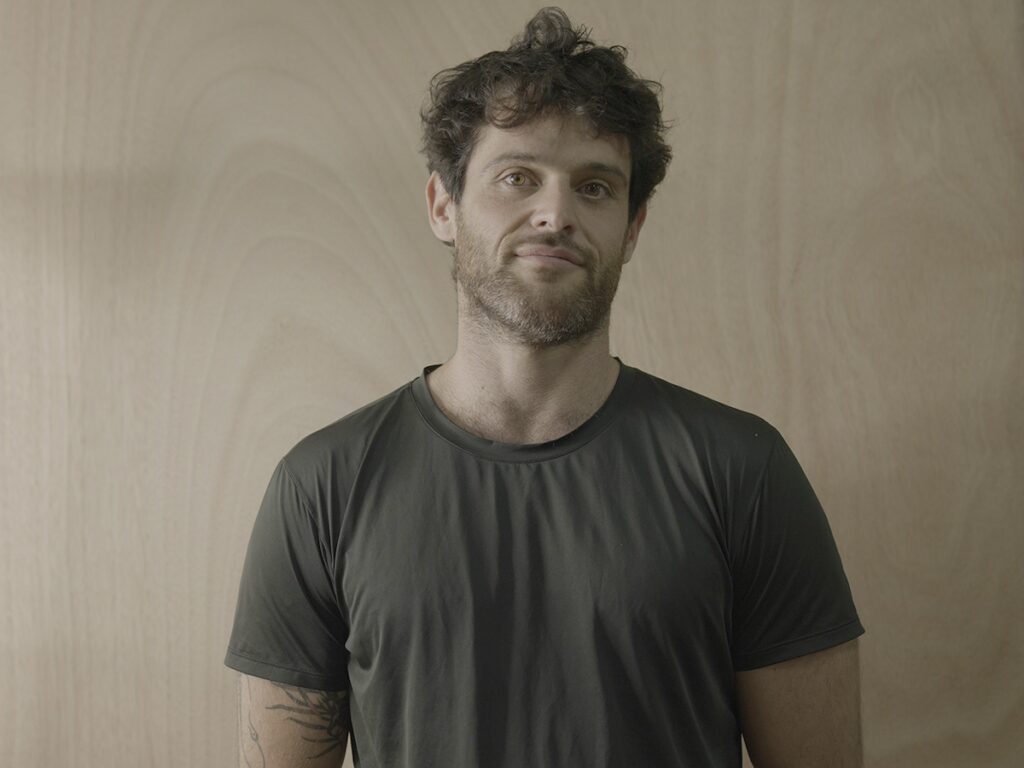
What measurable positive impact does your technology have?
Initial lab results show that each square meter of panel can capture up to 1.5 kg of CO₂ per month depending on light and algae strain. That’s roughly equivalent to one mature tree per 10 m² per year. Panels also improve thermal insulation, potentially reducing cooling costs by up to 30%. Using mycelium grown on waste further reduces the project’s carbon footprint, adding another layer of sustainability to our circular model.
Where do you see your startup in the next three to five years?
We envision Motek Bio Panels becoming a mainstream green building solution adopted in leading cities worldwide. Our goal is to cover over 10,000 m² of walls and remove thousands of tons of CO₂ annually. Long-term, we want to redefine what city walls can be: not just static facades, but living, regenerative systems that support the planet and reconnect us with nature.
How do you view the GreenTech competitive landscape?
GreenTech is growing fast – and that’s a great sign. Our real competition isn’t other startups; it’s climate inaction. Our niche lies at the intersection of architecture and biology, a space still emerging. We believe our edge lies in creating healthier environments within the places people actually live – not just in remote forests or industrial capture sites. The challenge lies in proving material performance; the opportunity is in growing demand for decentralized, nature-based urban solutions.
What role do partnerships play in your success?
A huge one. We need strong cooperation with municipalities to navigate regulations and approve real-world implementation. We also collaborate with suppliers of city and agricultural waste, and with green building companies to upcycle our panels after their lifecycle ends. These collaborations enable us to create a closed-loop system, and we’re currently working with the Tel Aviv Municipality to launch our first pilot project.
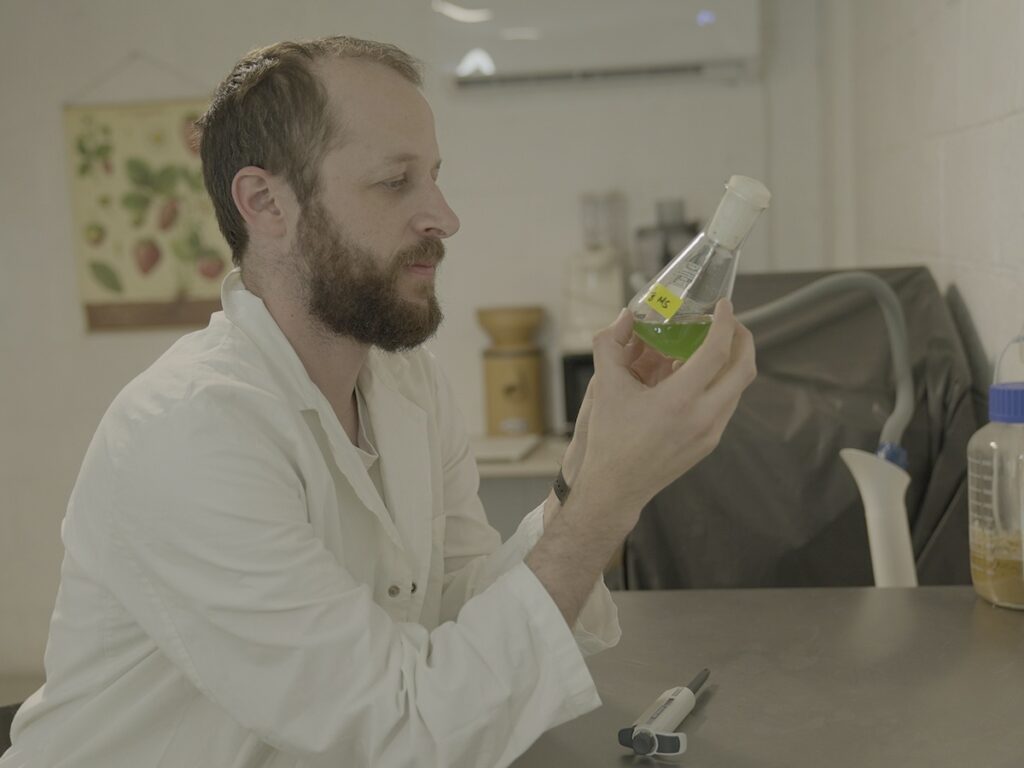
How are you financing your growth?
We’re currently in a very early pre-seed phase. Development so far has been funded by the founding team, primarily through personal investment and a background in real estate development. We’ve developed key components – like the algae gel and mycelium base – and the next step is mass-producing our first real prototype. We aim to launch our pilot either in Tel Aviv or a European city. A seed round is planned to fund scaling, R&D, and team growth.
How does regulation affect your business?
It’s both a hurdle and a catalyst. On one hand, we need to comply with strict building and safety codes, especially for structural and living materials. On the other, rising green building standards, carbon reporting policies, and sustainability mandates are creating a wave of demand for exactly what we offer. We plan to position our panels as a tool to meet regulatory compliance in urban sustainability.
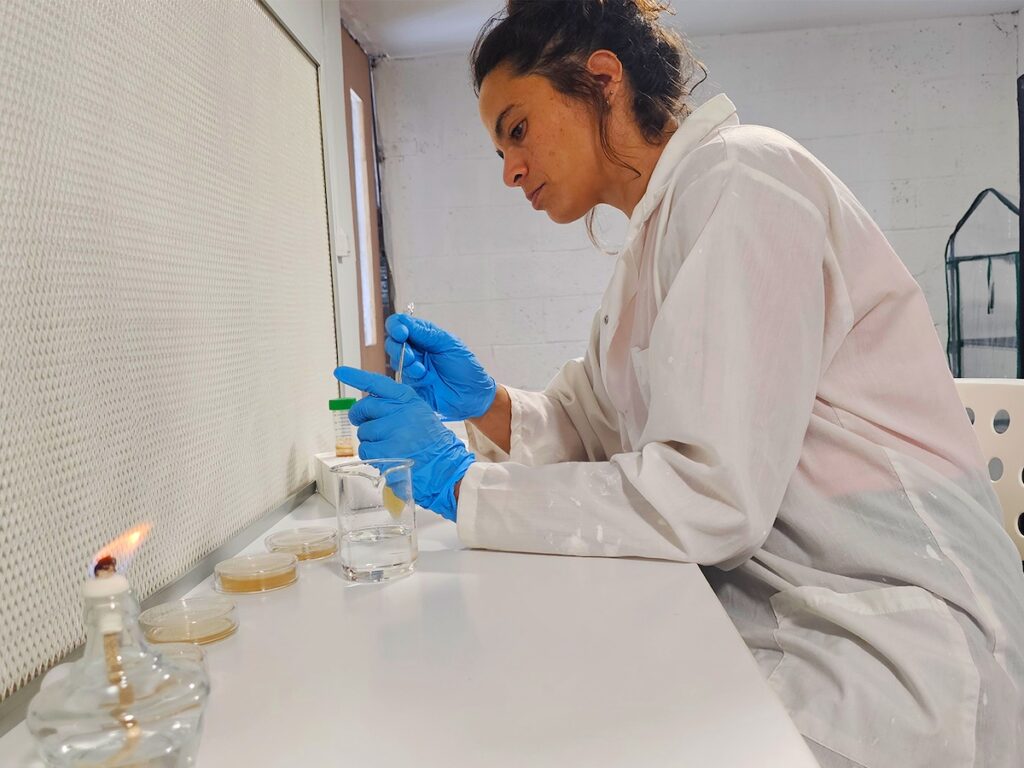
Why is the GreenTech Festival important for you?
It’s more than a showcase – it’s a meeting point for visionaries, innovators, and decision-makers who genuinely want to build a better world. The visibility, credibility, and connections we gain from events like this are invaluable. We’ve already met partners at similar events who want to explore pilots in new cities. It’s where our story meets the people who can help bring it to life.
What personally motivated you to found a GreenTech startup?
A deep love for both nature and cities. I was tired of watching buildings contribute to environmental damage instead of healing it. I wanted to integrate nature into our daily lives in a functional and poetic way. We are part of nature, and we deserve to live in an environment that reflects that. The technology is here – we just need to build with it.
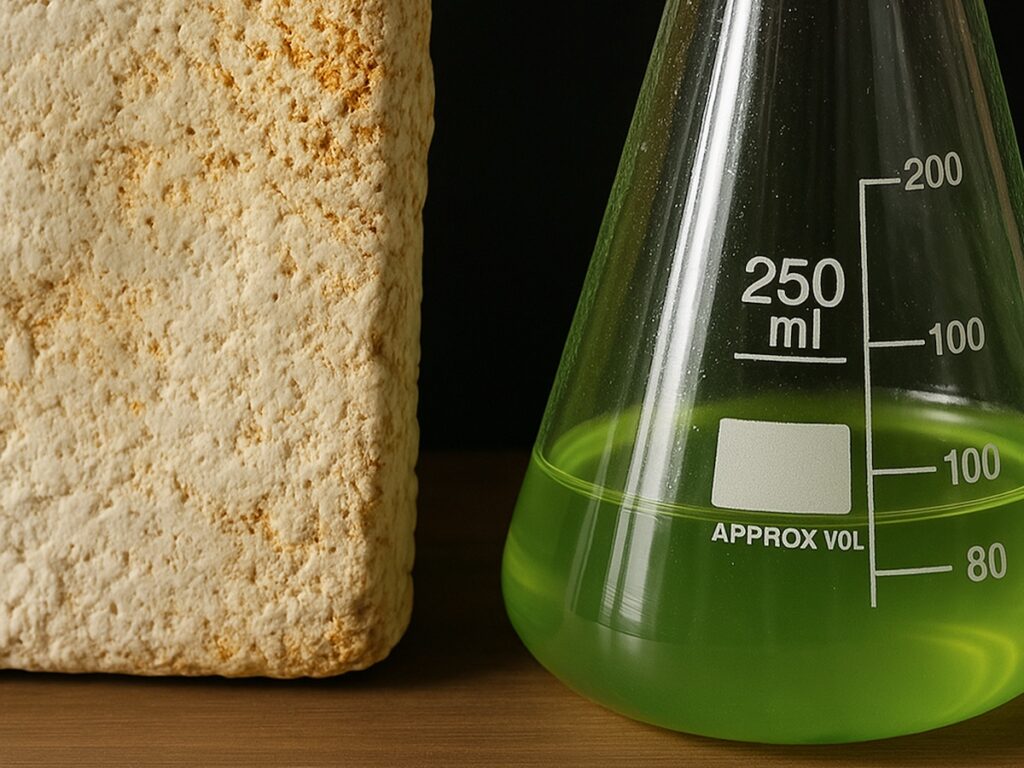
What experiences have shaped your journey?
Relentless prototyping, learning that failure is feedback, and seeing the power of storytelling. Also, realizing how important it is to act as if your vision is already a reality. My advice to other founders: build a team that loves what they do, stay grounded, and treat every challenge as part of the path. It might seem like a fantasy sometimes, but with enough long-term vision, it’s absolutely possible.
How do you see the future of GreenTech?
Regenerative by default. The cities of the future will have breathing walls, food-producing roofs, and infrastructure that heals. Biomaterials, local production, and ecological restoration will become the new norm. GreenTech will no longer be a niche; it will be embedded in daily life. This is not about idealism – it’s about survival, and it’s already happening.
What makes the GreenTech Festival special?
It’s not just a stage – it’s a mirror of the future we want to create. The festival brings together passionate people from science, industry, and activism with a shared mission. The energy is focused, the conversations are meaningful, and for startups like ours, it’s the perfect place to meet believers, partners, and champions who can help us scale our impact.
If you’re curious to learn more about this startup, you can meet the founders live at the Greentech Festival in Berlin from May 20–22, 2025! We sincerely thank the founders for this inspiring interview.
Foto/Quelle: Motek Design Lab


